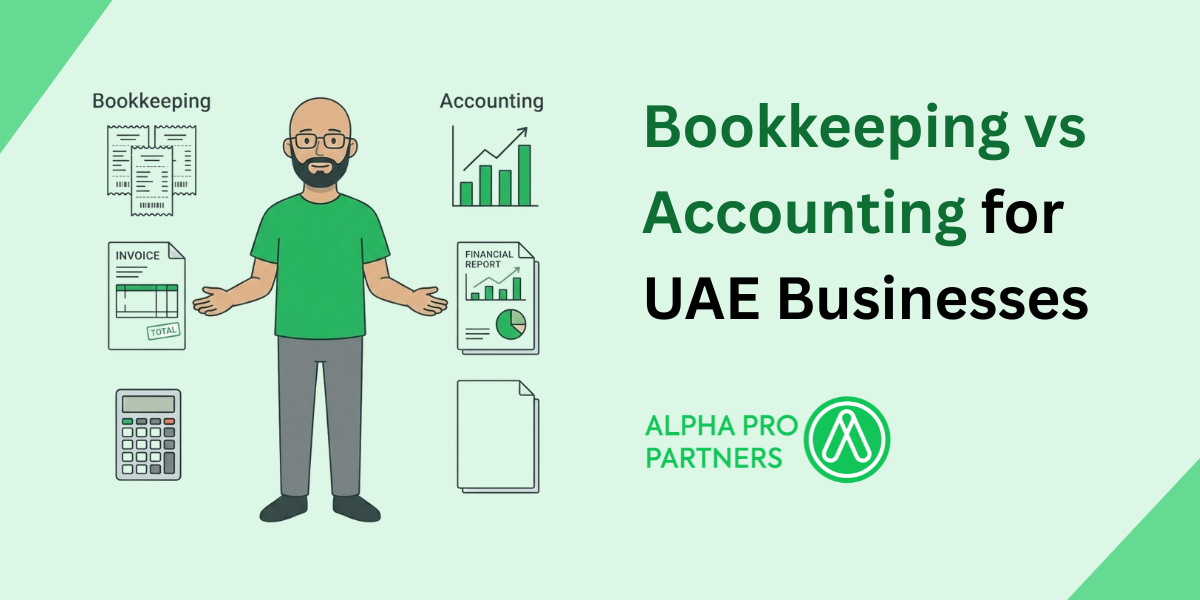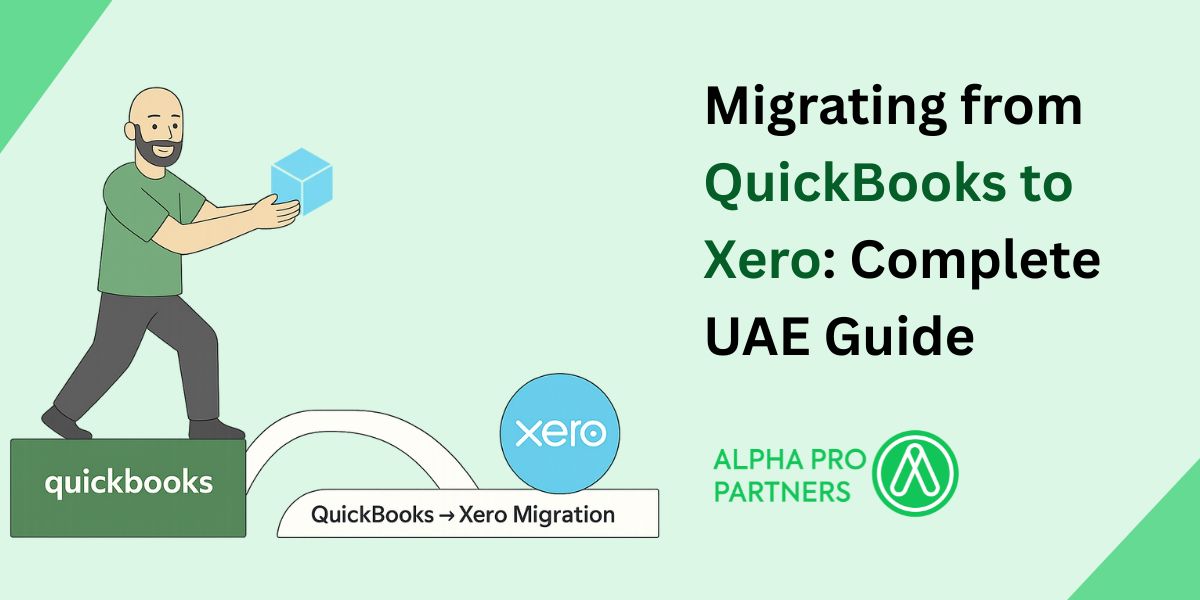Introduction of Corporation Tax in the UAE

In 2014, the UAE Ministry of Finance reported that the corporation tax policy has been approved by the UAE Cabinet, however, as of now, the corporation tax law draft is yet to go through the legislative approval process for it to be enacted. Corporation tax is a tax imposed by states to businesses and corporations on their profits and sometimes capital gains.
One of the reasons why the UAE wants to introduce corporation tax is because the current federal budget is financed via contributions by Abu Dhabi and Dubai as well as via government investments and sources. Corporation tax would therefore further diversify the income of the federal budget with a more sustainable income source. These actions are ever more crucial in an era of low oil prices where the price of oil has fallen from $115 a barrel in June 2014, to under $30 during February 2016, materially cutting government revenues.
Worldwide Tax rates
Below is a table of current worldwide tax rates, the UAE which currently has a zero corporation tax rate is in a unique position as the majority of developed and third world countries impose corporation tax including its GCC (Gulf Cooperation Council) neighbors with the exception of Bahrain.
GCC Corporation Tax rules
As mentioned previously, only Bahrain, UAE's GCC neighbor, does not impose corporation tax on corporations. The corporation tax regimes of fellow GCC nations are as follows:
Kuwait has a corporation rate of 15% but it is not imposed on Kuwaiti nationals or other GCC nationals, however it is imposed on companies with foreign ownership or foreign businesses operating via an agent. The computation of tax is based on the profits reported from audited financial statements.
Oman is one of the few GCC members who run a budget deficit and therefore recently increased its corporation tax rate from 12% to 15% in 2016. This is imposed on entities formed in Oman and Oman-sourced income branches and other forms of permanent establishments. Companies operating in the Oil and Gas industries are taxed at 35%. Prior to 2015, there was an exception threshold of OMR 30,000 on profits before taxation was imposed but this has how been removed.
In Qatar, corporation tax is imposed on profits attributable to non-Qatar nationals at the rate of 10%, however there are separate rates applied to companies operating in the Oil and Gas industry. Exceptions are also given to charities and non for profit entities.
Saudi Arabia has a dual type system where non-Saudi entities are liable for corporation tax at the rate of 20% and Saudi citizen investors and citizens of the GCC are liable for Zakat, (an Islamic levy for the poor and needy). Where a company is partially owned by a non-Saudi person or entity, that portion is subject to tax, and the Saudi share goes into the basis on which Zakat is assessed. Zakat is charged on the company Zakat base at 2.5%. It should also be noted that although the corporation tax rate is 20%, income from Oil and Gas industries attract different rates.
SME
There are certain considerations that SME should consider in preparing for corporation tax, these include the fact that in the UAE, there are many foreign SME based in free zones which provide guaranteed multi-decade tax holidays on personal and income taxes. These guarantees are unlikely to be reversed once the corporation tax laws come into place but SME should check with their free zone offices nonetheless. SMEs however, should not be complacent and should start preparing early to be ready for these changes. Such actions would include ensuring accurate and timely bookkeeping and management accounts are being updated because this is the basis on how corporation tax would normally be calculated. It is envisaged that financial statements would need to be prepared and the process of preparing these accounts are based using management accounts as a starting point. Ensuring that the SME understands and can predict its cash flow accurately is vitally important as corporation tax could be collected quarterly or yearly based on the size of the company and ensuring sufficient cash is available when it is due is paramount.
Conclusions
The implementation of corporation tax in the UAE will not be straightforward but nonetheless inevitable. Complexities include the fact that each of the UAE's emirates currently has its own laws on corporate taxes for companies operating within the emirate. The challenge here would be to ensure a smooth transition from emirate-specific taxes to federal taxes, while avoiding double taxation. The taxing of SMEs disproportionately in comparison to international operations, or treating companies registered in one emirate differently from companies registered in another, is another factor which would need to be cleared up before corporation tax is enacted. SMEs are urged to keep abreast of the latest information released by the ministry of finance and stay ahead by improving internal accounting processes.

.webp)







%20Widgets%2C%20Shortcuts%20%26%20Customisation.jpg)








.webp)
.webp)


.png)
.png)
.png)
.png)
.png)

.png)
.png)



.png)
.png)





.jpg)


.jpg)




.png)
.png)






.png)


